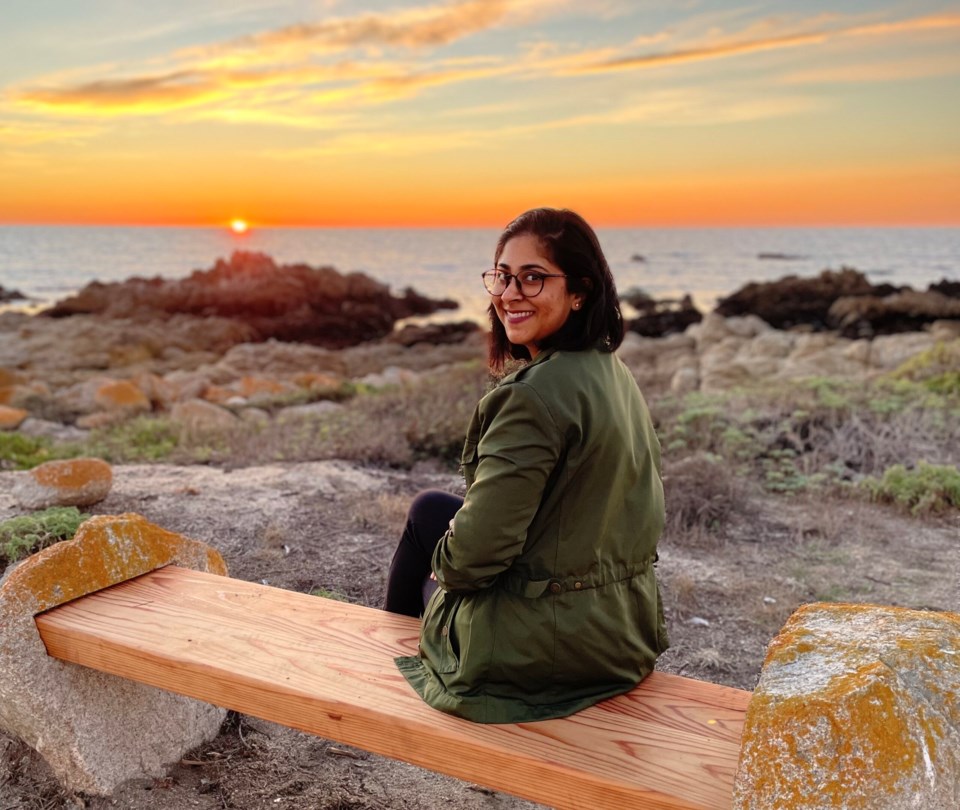By Priya Vythinathan
The lackluster, divided, and piecemeal response that the United States had towards fighting COVID-19 has, quite frankly, left me and most of the world shocked at how such a progressive and developed nation could have so poorly mishandled such a public health threat. To add insult to injury, people of color have been disproportionately affected by the onslaught of this pandemic. So, my question here really is: Why are communities of color still being marginalized from receiving healthcare that should be a universal right for all citizens?
Coming to the United States to pursue my medical residency and completing my Masters in Public Health had long been my dream. Now, as an immigrant living in Brooklyn pursuing both these careers, my perspective of what healthcare truly is in the United States has changed and I have recalibrated how I wish to pursue the remainder of my career goals. I have personally witnessed disparities in healthcare and having been here in the heart of the pandemic caring for these communities in Brooklyn, I was deeply affected by the inequalities and what I think is truly injustice. While we can continue to delve into the past, I am interested in bringing changes to the system; I am hopeful for the future and the possibility for change. Here is how I think the problem needs to be solved.
Social distancing became the cornerstone of preventing COVID-19 transmission among the public. However, not many had stopped to think about how communities of color could have complied or implemented this in a practical manner. They often have multi-generational family members who live together, staying in close quarters that cannot meet proper home isolation or quarantine guidelines. Many require the use of public transportation and their jobs most often do not allow them to work from home. Here is the first problem. Public health policies were not being catered to address all members of society. They were biased and social distancing became a privilege only very few could afford.
The second problem focuses on information, communication, and the importance of health literacy among people of color. Vaccine distrust has long been a historical issue and one that took me some time to understand because I was not raised here. I had numerous encounters with patients who refused vaccines but had no reasonable explanation or held on to misinformation regarding them. The COVID-19 vaccine brought into more glaring focus their degree of hesitancy and deep-rooted suspicions of medical institutions. But history does not lie and while I was initially taken aback, I did extensive research and deep introspection to understand why people of color felt this way. Their feelings are valid. During the pandemic, every few weeks, vaccine recommendations changed. It was very hard for even a healthcare worker like me to follow. Numerous articles about the efficacy of the various brands and the unknown side effects we were all headed towards would give anyone pause. Certainly, this was a novel disease with management guidelines that the medical fraternity have never dealt. However, could this information have been better communicated taking health literacy into consideration? Absolutely, it could have been and should have been!
Here is my take on the situation. I am uniquely placed to understand how the local community view our healthcare system, and I can combine it with my understanding of public health and legislation. There is a huge chasm between top-level policymakers and communities of color. Clearly. Public health strategies surrounding COVID-19 should therefore be decentralized to community-based approaches headed by regional Public Health Departments working with community leaders. Preventative measures should be built on a framework that ensures cultural sensitivity, clear messaging that resonates with locals, and imparted by someone they trust. Until more mindful policies can be enacted, community health workers are the key to bridging that gap. Believe in them. Health is everyone’s right. This is a cause I will continue to champion for until we see positive changes for my community here in Brooklyn come to fruition.
Dr. Priya Vythinathan is currently a Pediatric Resident and an MPH student at SUNY Downstate. She is passionate about fighting against racial health disparities and improving the lives of the community around her.




